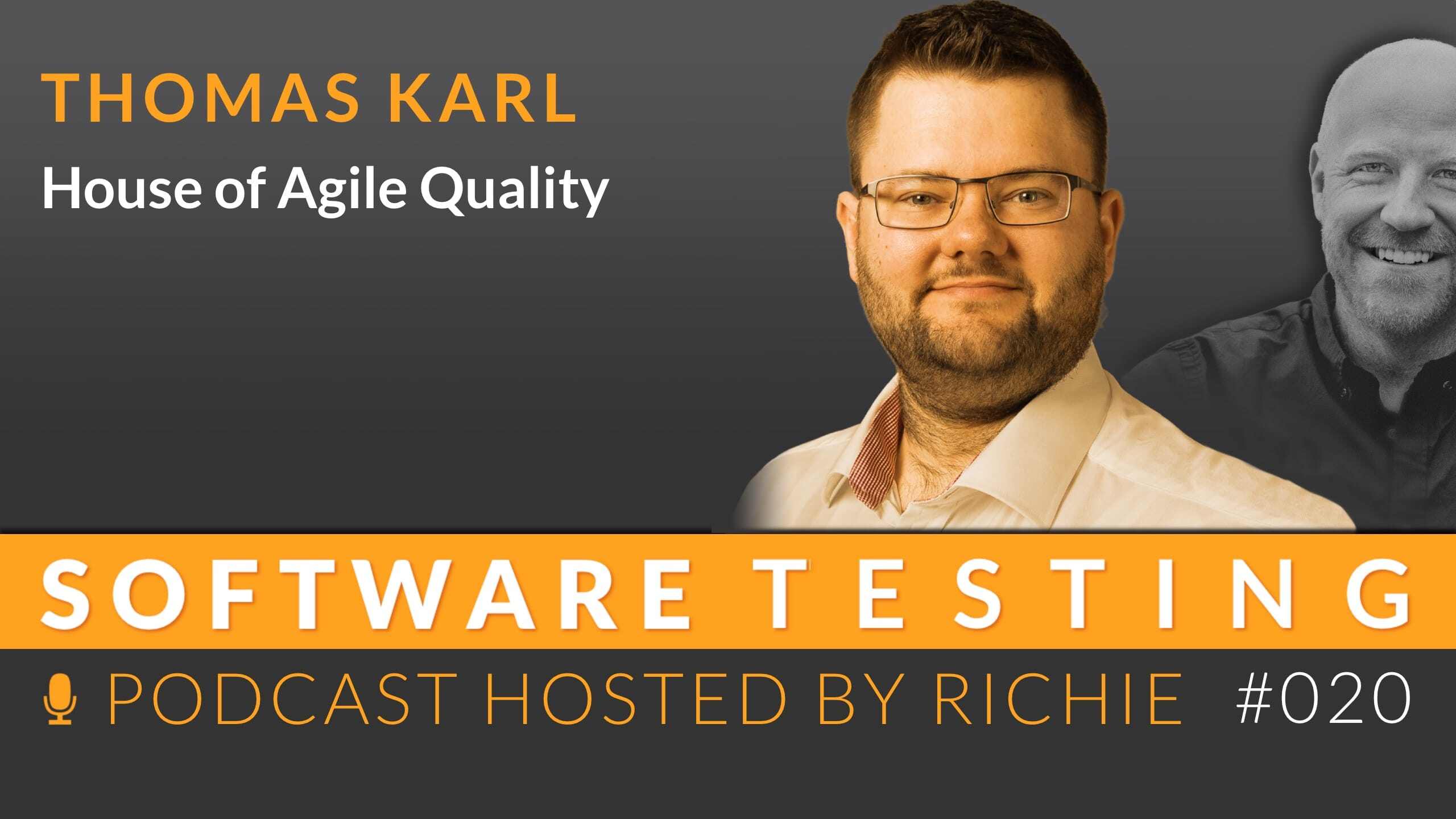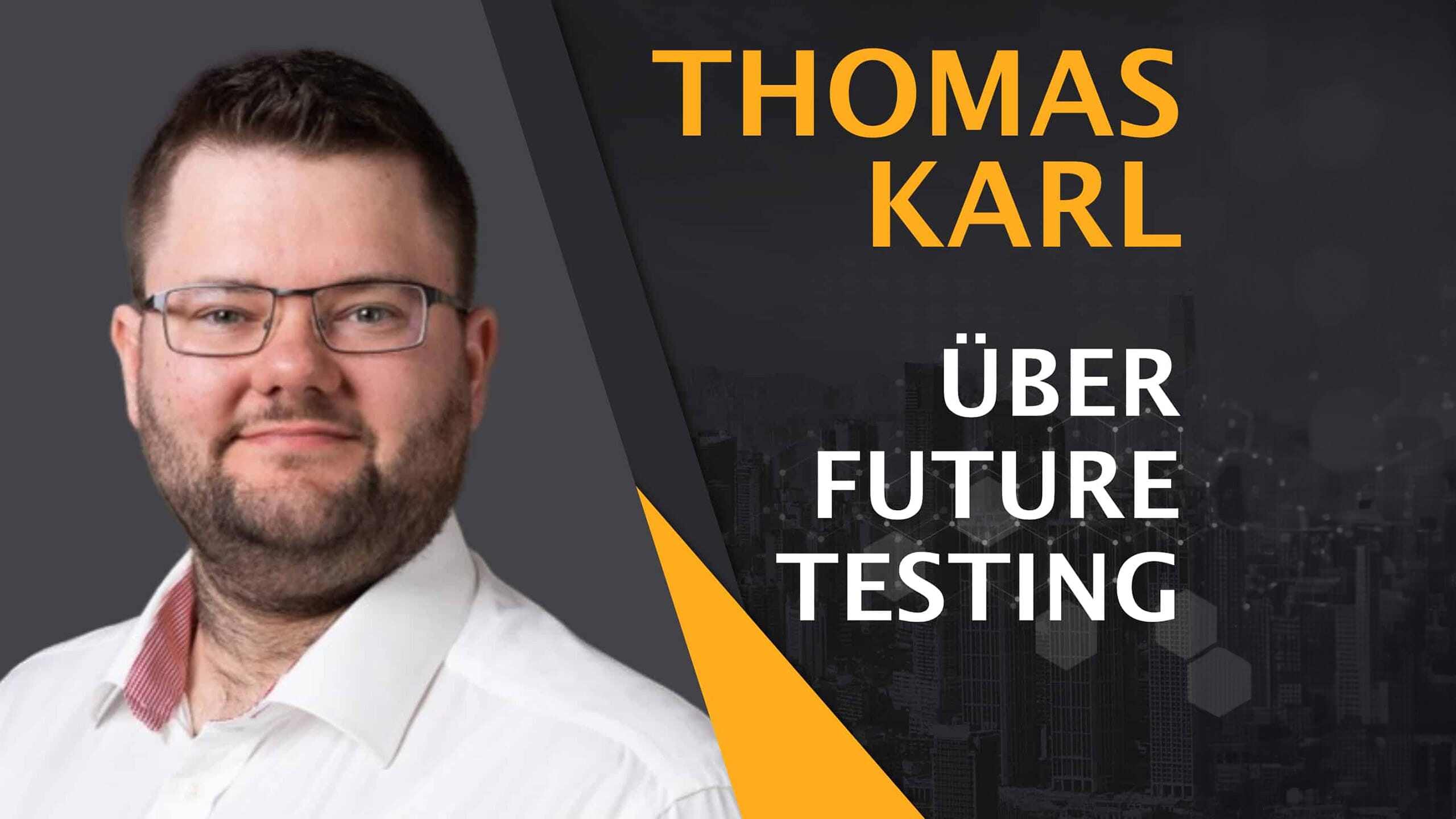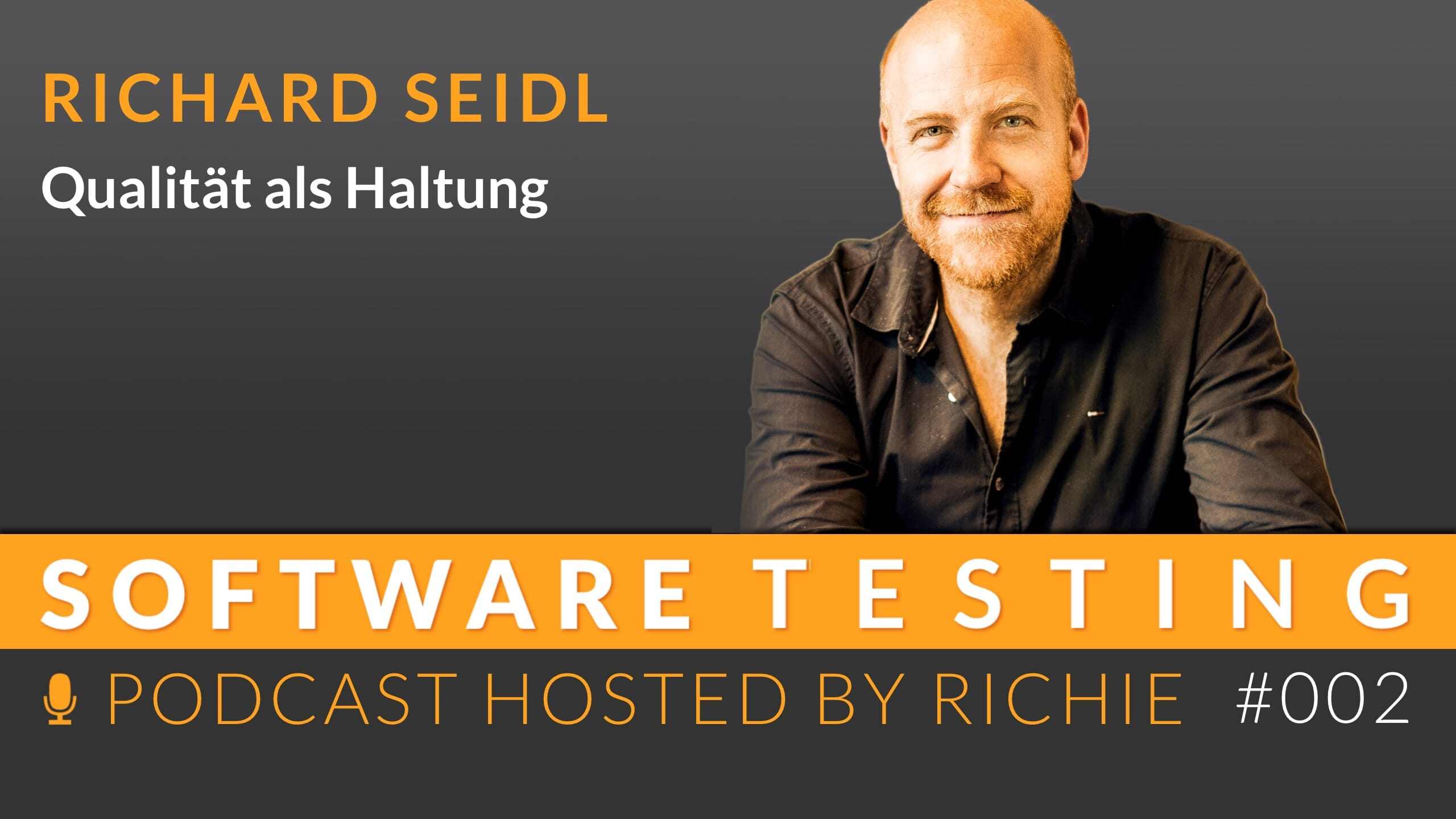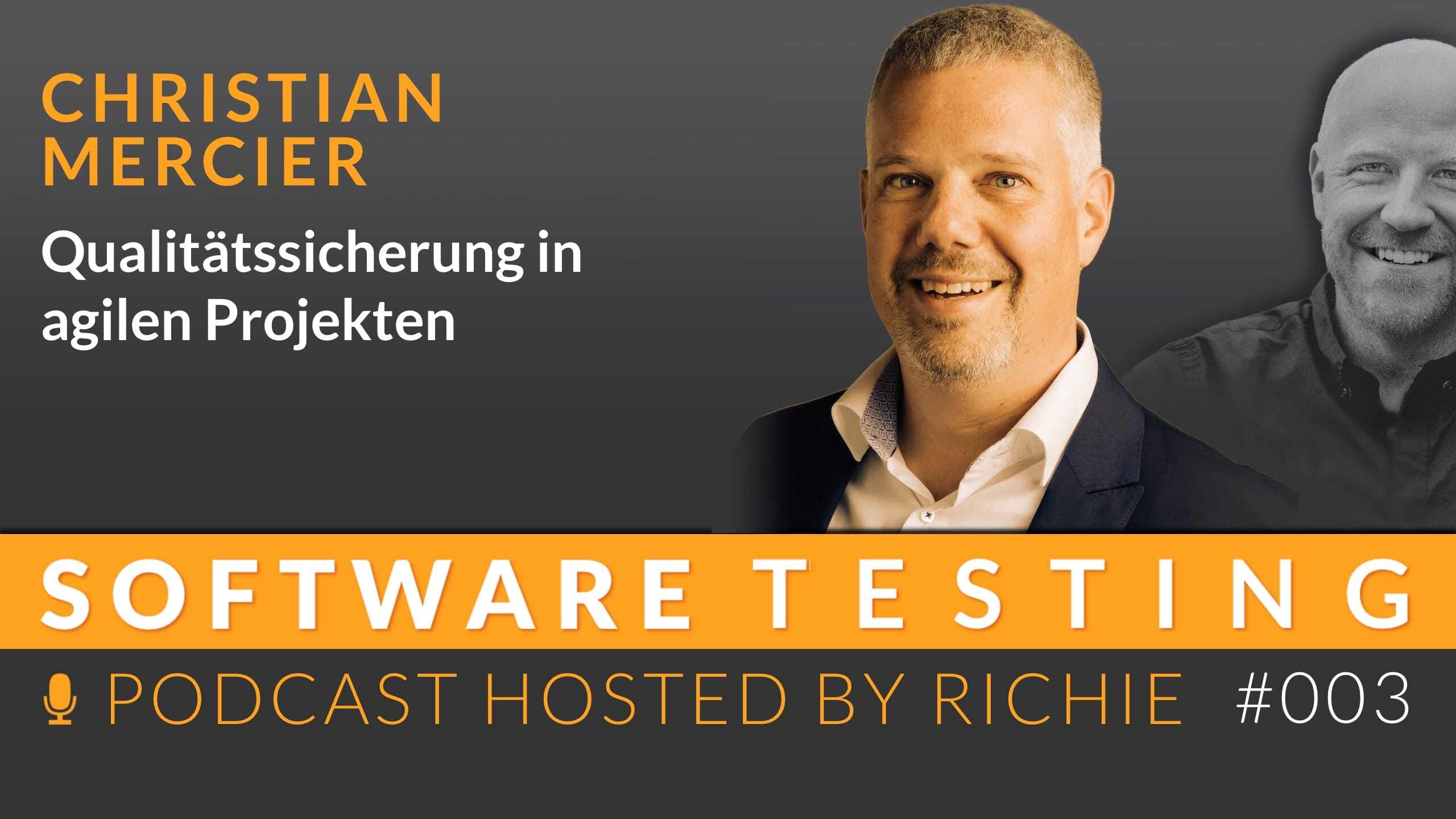Software testing in the future - Interview with Thomas Karl
Thomas Karl is Head of Quality Transformation Services and Thought Leadership Portfolio Lead of Software Engineering for Germany, Austria and...

Thomas and Nico developed the House of Agile Quality (HOAQ) concept as part of a joint training course. Typically for big ideas, it came about rather by chance in a hotel lobby over a beer. In the spirit of quality transformation, the concept is wide-ranging and can be applied to a wide variety of teams. Thomas provides insights into the book and is already flirting with another volume…and another…and another 😉
“Out of the euphoria, the idea was born: Oh come on, if we already have the concept, let’s write a book straight away” - Thomas Karl
Thomas is a Lean-Agile-QMS pioneer and Enterprise Agile Coach. He helps clients harness the power of disruption with lean quality management and agile methods. He is a C-Level Coach, SAFe® Summit and KeyNote speaker and co-founder of the “House of Agile Quality HoaQ” concept. He supports leading companies in agile transformations and process improvement projects. As a trainer, he uses his expertise to support people on their way to becoming successful lean-agile leaders. He is driven by the development of people, ideas and organizations and believes in transformation through education, innovation and open-minded change management. Openness, mental agility and lifelong learning are his keys to success in our interconnected world.
Highlights of this episode:
In the podcast episode ‘House of Agile Quality’, we discuss how agile quality can be achieved in software projects. Guest Thomas Kahl provides insights into the creation of the book of the same name and shares practical tips for implementing agile quality principles.
In today’s world, where software development is becoming faster and more complex, the implementation of agile quality principles has become essential. In the latest podcast episode ‘House of Agile Quality’, I welcomed Thomas Karl, an expert in this field.
The initial spark for the book ‘House of Agile Quality’ came at a hotel bar in Vienna. After an exhausting day of training, Thomas and his co-author Nico Liedl sat together and thought about how they could optimize their workshop the next day. This discussion not only gave rise to the idea for a new concept, but also the decision to write a book about it. This decision marked the beginning of an intensive writing phase, which was characterized by numerous project experiences and feedback from workshops.
The concept of the book is based on the metaphor of a house, which enables a simple understanding of the components that are necessary to ensure quality in agile projects. The ‘foundation’ consists of classic methods and maturity models. Three pillars rest on this foundation: role allocation in the agile process, methodological approaches and tools, and supporting measures.
Thomas emphasizes the importance of practical experience in the development of the concept. By working on various large projects, the team behind ‘House of Agile Quality’ was able to gather valuable feedback and constantly improve the concept. The importance of correct test data and environments and effective management of these resources is also emphasized.
Future plans for ‘House of Agile Quality’ include a deeper exploration of individual components of the concept as well as the publication of further materials and blogs. Particular attention will be paid to the use of AI tools in the context of agile software development and an even more specific examination of the topic of test data management.
Agile quality is not just a question of the right tools or methods - it is a holistic approach that requires in-depth knowledge of processes, roles and technologies. The book ‘House of Agile Quality’ offers a comprehensive insight into this topic and shows ways in which teams can improve the way they work. Agility and quality are two sides of the same coin - both are required to be successful in modern software development.

Thomas Karl is Head of Quality Transformation Services and Thought Leadership Portfolio Lead of Software Engineering for Germany, Austria and...

This podcast episode is about the topic of software quality and how to live it in a team. It focuses on three success factors: The first is using the...

In this podcast episode, agile testing expert Christian Mercier focuses on quality assurance in agile projects. Key aspects of ensuring software...